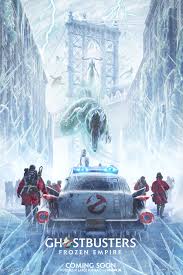Artificial Intelligence (AI) has developed a lot in the last year and people have began to use AI to help them complete tasks, students included. Students who use AI to do their school work for them, and not just as a tool to help, are cheating, which can have negative effects.
Mr. Evans, who has just started his second year as Northmont High School’s principal and his twenty-fourth year in public education, talked in an interview about how he believes that a student copying an AI generated response and not doing the work themselves would “fall into academic dishonesty in general” because “[they’re] not authentically making that work” (September 13th).
Students who copy AI generated responses and submit them as their own work, experts like Evans concur, would be committing academic dishonesty or cheating which sources say can have negative effects on their education.

Tenney School, a school that has been teaching fifth through twelfth graders for the past fifty years, wrote in an article about how cheating has affected their students. In the article the school stated, “The students who seem to be doing well academically may not be doing as well as their grades suggest. Instead of getting the help that they need, teachers often won’t reach out to them because it appears like they are doing just fine in school” (November 20, 2020).
In the same article Tenney School mentions that another way cheating can hurt students’ education is if they get caught. The article mentions that a lot of high schools put cheating allegations on school records, and colleges may not want to accept students who have been accused of cheating with fear they may continue to cheat (November 20, 2020).
Experts like Evans would agree that having AI complete assignments for students would count as cheating, which Tenney School says can have negative effects. Some of these negative effects can include students not getting the help they need to learn or not getting into colleges they want to attend.









